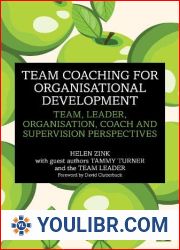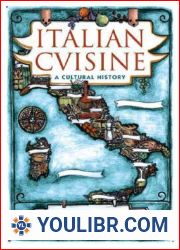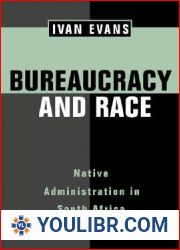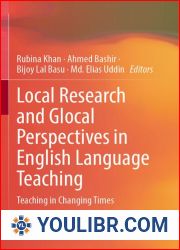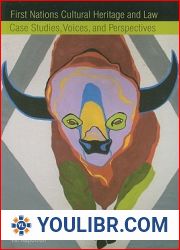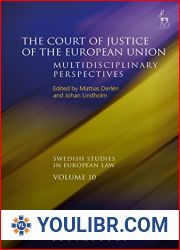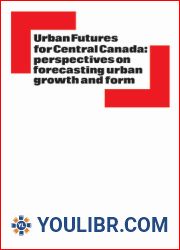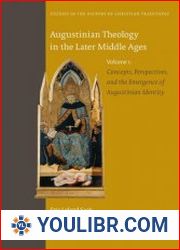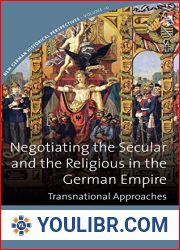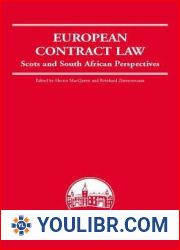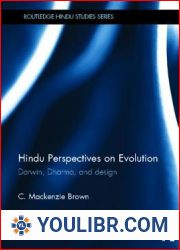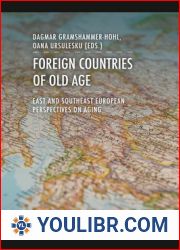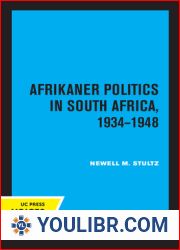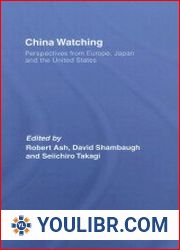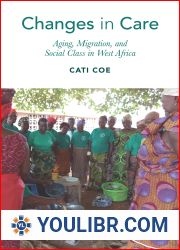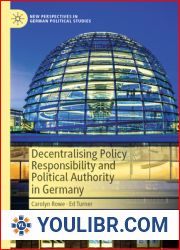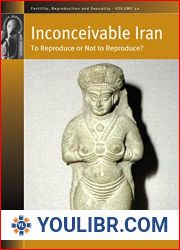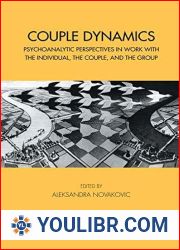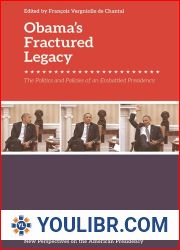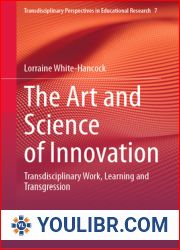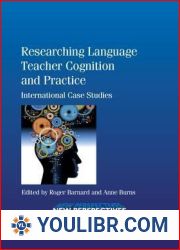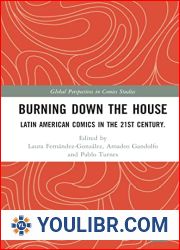
BOOKS - Northern Visions: New Perspectives on the North in Canadian History

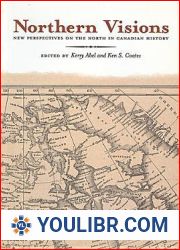
US $7.51

246641

246641
Northern Visions: New Perspectives on the North in Canadian History
Author: Kerry Abel
Year: March 16, 2001
Format: PDF
File size: PDF 12 MB
Language: English
Year: March 16, 2001
Format: PDF
File size: PDF 12 MB
Language: English
Outstanding Academic Title, 2002 - Choice Canadian nationalists in the 19th century argued that the North, with its extremes of winter, distance and isolation defined the country's essential character and gave its population the resolve and determination necessary to create a prosperous nation. Promoters lauded its enormous economic potential while cursing its vast expanses and dangerous winters. Novelists, poets and painters were awestruck by its boundless reaches and environmental diversity. Today, the North retains its complex place within the Canadian psyche, at once celebrated as the very essence of the nation, while being largely ignored by a population that clings to the Canada-USA border. Many have debated its significance in Canada's history, and have attempted to bring the region to the attention of the rest of the country by carving out a niche for norther history within the academic curriculum. The current generation of historians has a more ambitious and complex agenda. While they are interested in the North for its own sake, they also firmly believe that the study and teaching of Canadian history as a whole does not currently recognize the North's importance to the development of the nation. Northern Visions, by bringing together a variety of perspectives on the history of the North in Canada, raises new questions and challenges existing ideas. Provocative in their interpretations, these essays do not point to a single path forward in the writing of regional history, but instead suggest that it is time to rethink some of our basic conceptions-and misconceptions-about the North. Northern Visions calls upon historians of both region and nation to broaden their range of research, to connect regional developments to activities in other northern regions of the world, and to think much more widely about the place of the North in the understanding of Canada's past.








